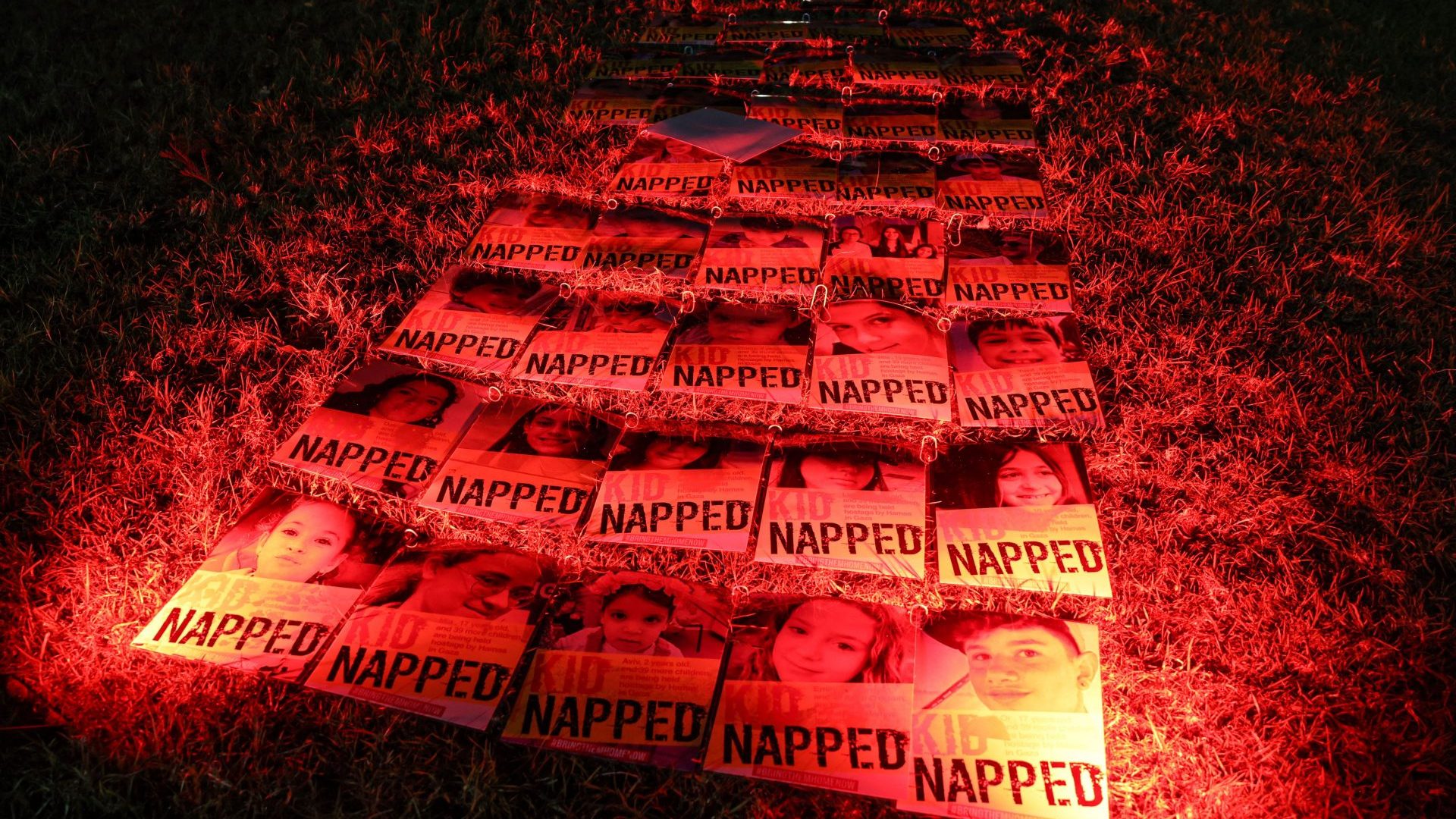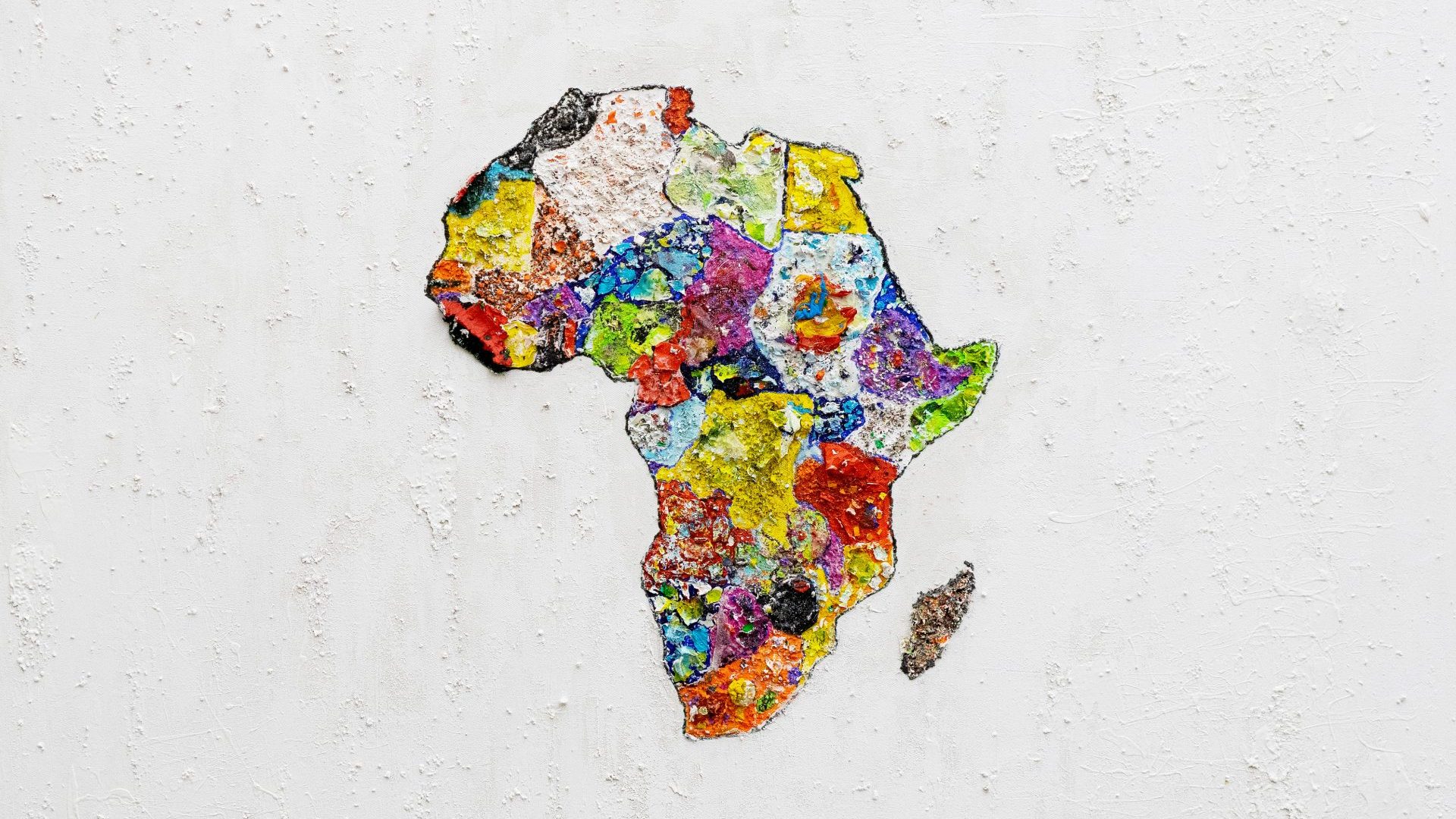In his memoirs, Benjamin Netanyahu recalls the terrible moment in July 1976 when he had to break the news to his mother and father that his elder brother, the Israeli special forces officer commanding the raid on Entebbe International Airport that saved 102 hostages, had himself been killed in the daring operation.
“If there was a moment in my life worse than hearing about Yoni’s death, it was telling my parents about it,” he writes. “I felt like a man on a rack whose limbs are torn from him one by one. How could I go on living?”
How often must these memories have been stirred in Netanyahu since the atrocities and abductions of October 7, and as the first hostages have been returned in the past week, exchanged for Palestinian prisoners.
It is hard to exaggerate the profound importance to Israelis, personal and ancestral, of rescuing the captured. Indeed, the Amidah, a prayer recited three times a day by observant Jews, refers to God “freeing the captives”.
In May 1972, he and Ehud Barak – both future prime ministers – were part of the special forces team that ended the hijack of Sabena Flight 571 by the Palestinian Black September Organisation. Four months later, the same terrorist group seized 11 Israeli athletes at the Munich Olympic Village, all of whom were massacred – a national wound that is still keenly felt half a century later.
In the eulogy at Yoni Netanyahu’s funeral on Mount Hertzl, Shimon Peres, the Israeli defence minister, said that “by virtue of the one who fell, a nation bent under a heavy burden rose again to its full height”. Since October 7, Israel has laboured under that burden once more.
The dilemma that has faced Netanyahu is how to achieve two war aims that are in obvious tension: first, to negotiate the return of the 220 hostages; and second, to destroy Hamas – a campaign that has led to the deaths of many thousands of Palestinian civilians and much international criticism.
It took more than six weeks to arrange the initial four-day truce, during which the first groups of captives have been released, in exchange for a much larger number of Palestinian prisoners and the admission of aid convoys to the Gaza Strip.
In this fiendishly delicate process, Hamas is adopting a stop-go strategy of procrastination punctuated by brief moments of cooperation. Its leaders are clearly calculating that the incremental release of hostages will increase the pressure upon the Israeli PM to accept longer truces, eventually becoming a full-blown ceasefire in all but name.
On Sunday, Joe Biden said that “this deal is structured so that it can be extended to keep building on these results”. After a call with the US president, Netanyahu offered his terms: “For every day, another 10”. In other words, the conflict will be paused for an additional 24 hours in exchange for each 10 safely returned hostages.
The initial releases have been unequivocally joyous: who could fail to be moved by the image of Tom Hand embracing his nine-year-old Irish-Israeli daughter, Emily, whom he had previously believed to be dead? Or by the freedom of four-year-old Avigail Idan, abducted from Kibbutz Kfar Aza after the murder of her mother and father? Or by the illuminated billboards in “Hostages Square” in Tel Aviv bearing the words “I am home”?
Yet Biden was right last week when he said that he didn’t “trust Hamas to do anything right. I only trust Hamas to respond to pressure”. As the Qatari prime minister Sheikh Mohammed bin Abdulrahman al-Thani told the Financial Times at the weekend, the terrorist organisation does not appear to know the precise location within Gaza of more than 40 of the hostages. That alone is unconscionable.
To be clear: it is a serious mistake to assume that the war is now heading for a neat and happy ending; that the conflict will de-escalate smoothly and the quest for a “political solution” will begin swiftly thereafter. This narrative has already taken hold of many sections of the western media – and it is hopelessly naive.
The keyword here is indeed “narrative”. As the Yale professor Peter Brooks observes in his masterly book, Seduced by Story (2022), contemporary culture has fallen prey to the “storification of reality” and the “mindless valorisation of storytelling”. More than ever in human history, we seek to impose neat narrative arcs upon situations that are full of complexity, caprice and contingency.
In this war, as I wrote two weeks ago, the world has relegated the horrors of October 7 to the margins of the dominant story: the central plotline of which has become the actions against the “oppressed” (the people of Gaza) and the “oppressor” (that’s Israel). Here, for instance, is the astonishingly muted response of UN Women to the rape, murder and kidnapping of women by Hamas: “We remain alarmed by the reports of gender-based violence on 7 October & call for rigorous investigation, prioritising the rights, needs & safety of those affected”.
Such banalities will soon seem even more inadequate than they already do when the hostages begin to recount their own first-hand experience of what happened on that horrific day. And this is the crux of the matter.
No less sacred in Jewish tradition than the duty to rescue captives is the notion of testimony: the importance of recording and heeding the eyewitness account of those who have suffered. “Even in this place one can survive,” Primo Levi wrote of Auschwitz in If This Is a Man, “and therefore one must want to survive, to tell the story, to bear witness”. Every one of the released hostages will have their own testimony, new and appalling details of the pogrom of October 7.
Their words will remind anyone with a shred of decency why Netanyahu cannot tolerate the continued existence of Hamas or its control of Gaza. Those who are serious about political progress must accept that its destruction is the absolute precondition of everything else.
Which is why, whatever might be wished to the contrary, this conflict is only just beginning.




